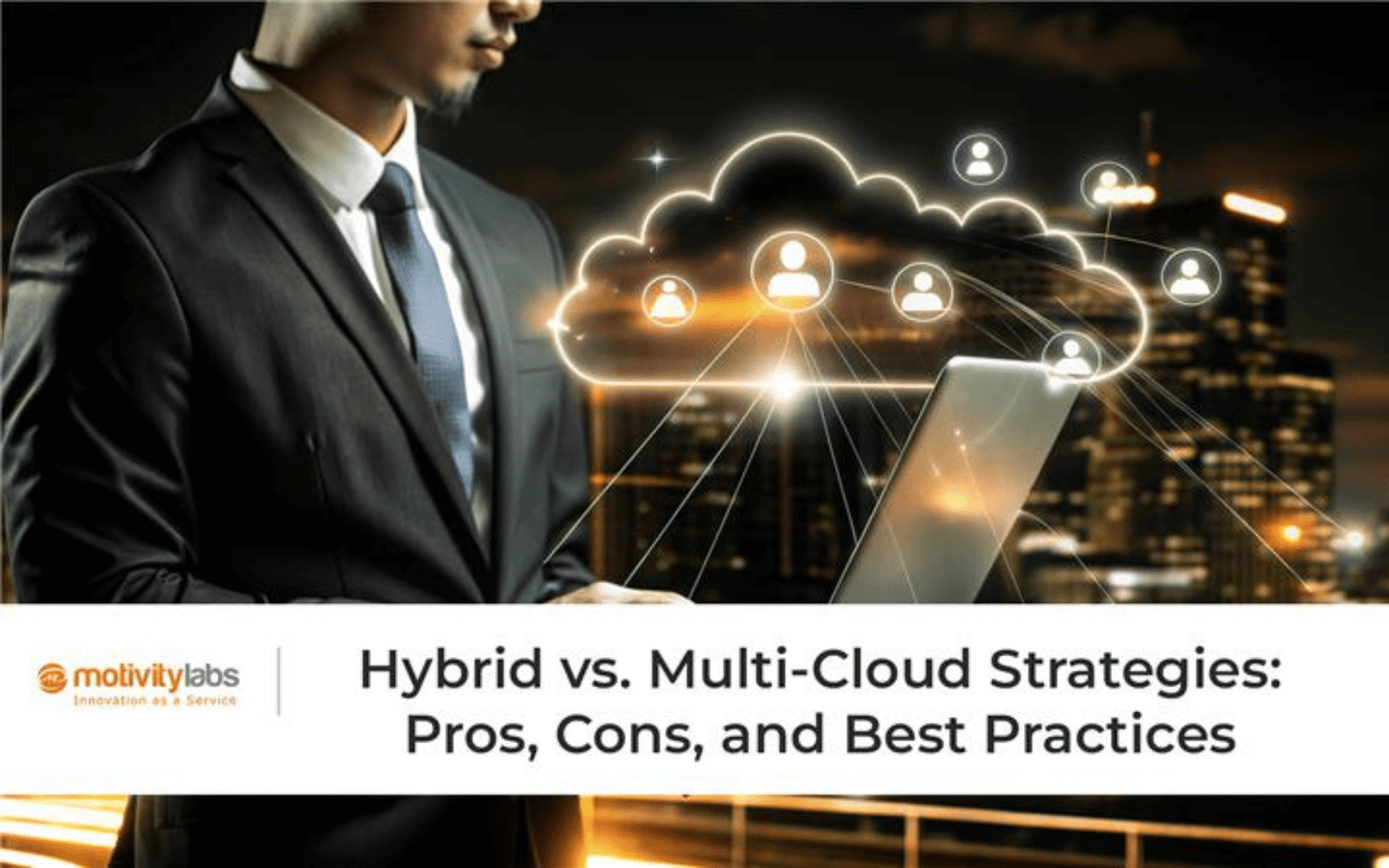Here in this blog you can learn in detail about what is cloud analytics? Despite the ability of cloud based data analytics platform to quickly and effectively manage large data sets to improve business performance, their advantages are far-reaching and don’t end there.
Data revolution has disrupted the markets and have tremendously impacted the way businesses are being run today. Cloud technologies have a big part to play in this data revolution by making it easy to store, share and access data for enterprises. Cloud based data analytics platform have given a chance to run enterprise-scale analytics.
What is Cloud Analytics
Cloud analytics refers to any data analytics or business intelligence performed on Cloud using a vendor-managed infrastructure to extract actionable business insights. Cloud analytics allows enterprises to process large data sets in a more scalable, secure, and cost-effective manner.

The main aim of data analytics on cloud is to allow companies view their data in real-time to understand current trends and make intelligent business decisions based on the insights gained from the data.
Cloud analytics can help in unifying heterogeneous data from multi-channels to perform global analytics on a consolidated data repository. Data analytics cloud solutions can be used to address a variety of challenges for the businesses, such as fraud detection, customer churn analysis and forecasting revenues. Cloud analytics uses several tools to analyze different types of data such as unstructured data, including text, images, audio, and video file data, that’s difficult to analyze using traditional BI solutions. Cloud analytics can also handle large amounts of data that is received at a high speed because most of the business data is transactional data that needs to be acted upon promptly. Cloud analytics tools help businesses make sense of data using visualizations and interactive dashboards.
There are different kinds of Cloud Environments to choose from for your Cloud Analytics:
Public Cloud Analytics

Public cloud analytics allows the users to analyze data stored on publicly shared servers. That is anyone with available internet connection and access to these servers can view or manipulate the data stored on these servers. Some examples of such public cloud computing services are offered by Amazon Web Services (AWS), Microsoft Azure, and Google Cloud Platform (GCP).
Public Cloud analytics can prove to be the most economical way as the infrastructure cost is not on one enterprise and this multi-tenant architecture helps in sharing the cost but not the data.
Private Cloud Analytics
Private cloud analytics is analyzing data within a private network that is secure and not accessible from outside networks. This could be operated as an intranet service limited to a single organization or a limited access server provided by any Cloud services companies such as Azure, AWS etc. Private cloud can be situated physically at the corporate data center or on the cloud provider site, but the infrastructure is dedicated to the user for security and thus, could be more expensive than a public cloud.

Private Cloud analytics works for enterprises who want to maintain enhanced control over the IT infrastructure, data compliance, and data security.
Hybrid Cloud Analytics

Hybrid cloud analytics can be performed using a combination of private servers and public clouds such as Amazon Web Services (AWS). Enterprises may also use multiple services for different purposes, such as they may use public cloud storage for analytics while their core storage systems are backed up on a private cloud for security reasons. Hybrid cloud analytics can be preferred when an enterprise needs to meet data regulatory requirements like GDPR, HIPAA, GLBA, etc. but performing data analytics cloud in a private cloud setup is proving to be very expensive.
In such cases, data analytics can be partially performed on the public cloud while the data storage and integrity are maintained using a private cloud. Hybrid Cloud analytics significantly reduces analytics cost and stay data compliant at the same time.
Despite the different cloud analytics types, the selection of the type depends on the main objective and advantage they give to the enterprise, including less hardware-related expense, better scalability, and/or high fault tolerance.
Advantages of using a fully-integrated cloud-based data analytics platforms
As technology accelerates faster than we can assimilate, Cloud based data analytics platform providers have upped their game in offering the best of the technologies, integrated functionalities across major business areas, including human capital management, customer relationship management, supply chain management and finance.

- Security: The biggest enterprise concerns lie in the data security issues and this has been thoroughly handled in the cloud analytics platforms with the latest cybersecurity functionality. In fact, it is also a known fact that data analytics cloud solutions is considered more secure than on-premises solutions which can avoid many local data breaches.
- Reliability: With increased security and promising service levels, Cloud analytics is more reliable for the customer’s business.
- Accessibility: With a Common self-service access, employees can make updates and access their records from anywhere and from any device. Cloud platforms enhance secure log-ins using a Single sign-on and dual-factor authentication process.
- Singularity of data entry point: Because of its single sign-on nature, Cloud platforms makes any changes in the system, such as adding or updating processes very transparent, making every single record transaction a transparent process to all business verticals such as finance, payroll, operations, etc.
- Efficiency: Integrated Workflows and business processes in a cloud platform gives it the highest efficiency advancement in integrated ERP solutions. A workflow helps in a seamless transaction process within the lines of business allowing greater levels of automation and greater return on investment.
- Automated services: Integrated Cloud based data Analytics platforms manage releases, updates and continuous testing services automatically. Users need not worry about handling each application and its integration after an upgrade anymore which saves a lot of time in the process.
- Visualizations: With integrated Cloud analytics, reporting and analytics becomes a continuous process because it can pull data from all related applications and facilitates data-driven analytics outcomes. The fully-integrated Cloud platforms give an out-of-the-box analytical system that can take in all the data, analyze it and display it in a visual form such as a dashboard for real-time business decisions.



